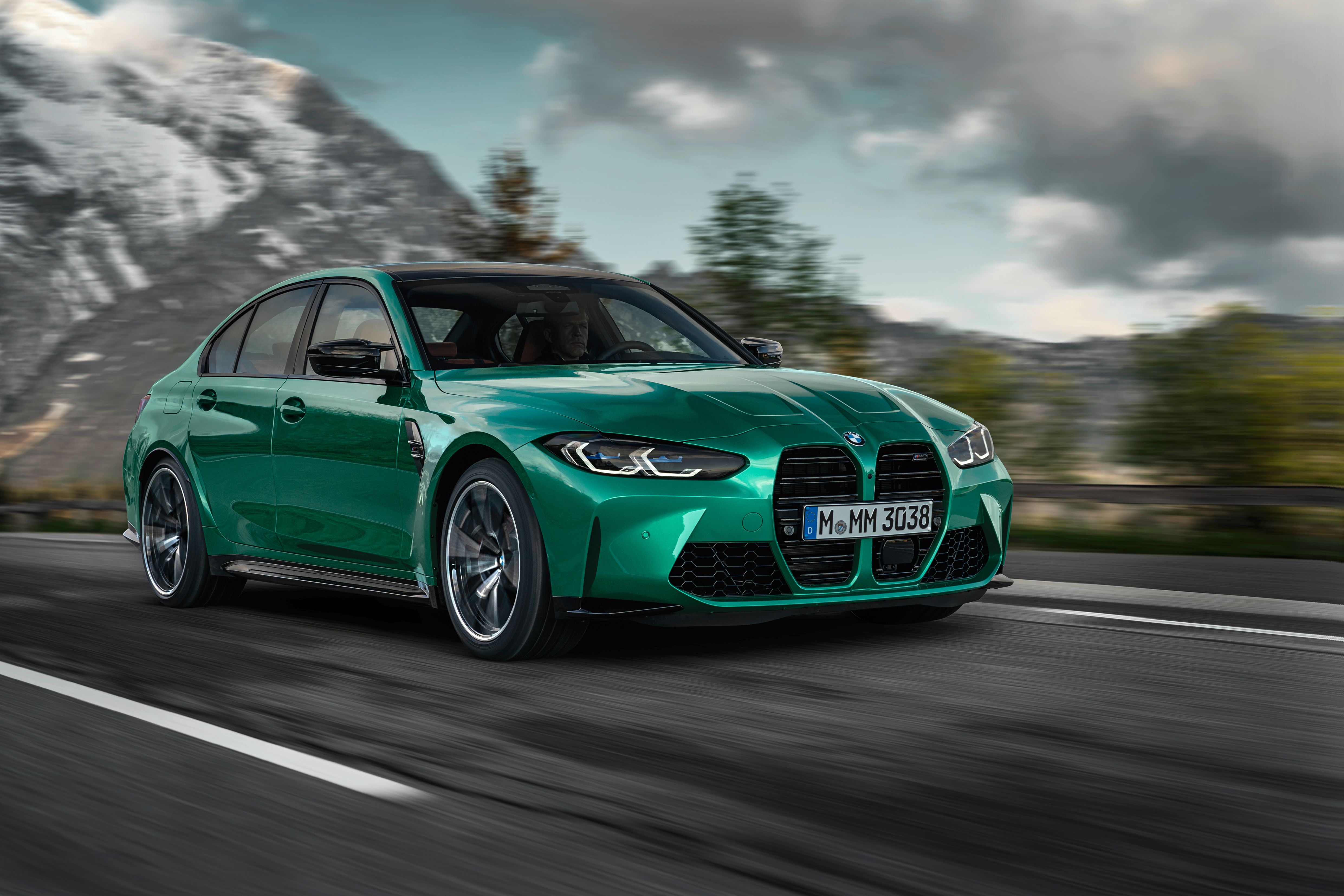If someone tells you that a particular performance car’s weight figures are rigged, you would assume the company has listed it to be lighter than what it actually weighs. I mean, wouldn’t a lighter car hold more advantage over a heavier car? But as it turns out, that’s not the case with the Euro-spec BMW M3 Competition. The folks at MotorTrend weighed the car and found out that the BMW M3 Competition is actually 150 pounds lighter than what the company claims. Why, you ask? Because of EU regulations! Yeah, we were as confused as you at first.
EU Wants Real-World Scenarios
Jonny Lieberman of Motor Trend explained the reason behind this in his Instagram post. He mentioned that when they generally weigh cars, the key is in the cup holder and the gas tank is full. But, in the case of the BMW M3 Competition, the EU regulation dictates the weight of the car be taken into consideration, along with a 90-percent full tank, a 15-pound suitcase, and a 150-pound driver. This means there is a 150-pound discrepancy between the two testing methods.
Conclusion
All in all, the already-heavy M3 Competition’s curb weight was further inflated because of these rules. As pointed out, it is still lighter than the E39 M5, which is arguably the best performance sedan to have rolled out of the Bavarian’s factory.
Do you think this logic makes sense? Bike figures are generally listed as dry weight and wet weight, the latter taking all liquid consumables like engine oil, brake fluid, etc. into consideration. Should we have the same for cars as well? At least it makes more sense and is less complicated than assuming a driver weighs 150 pounds and carries a 15-pound suitcase with him at all times. What do you have to say about it? Share your thoughts with us in the comments section below.


